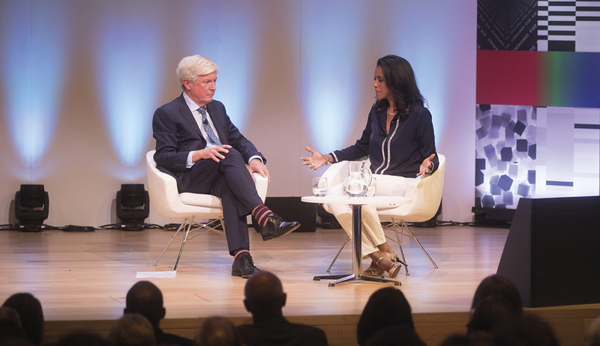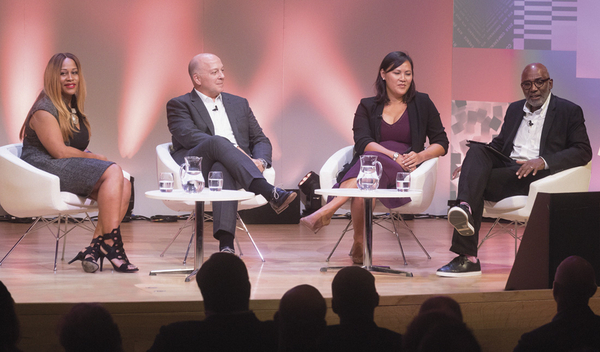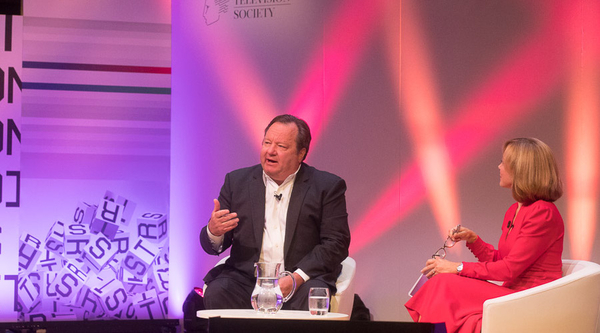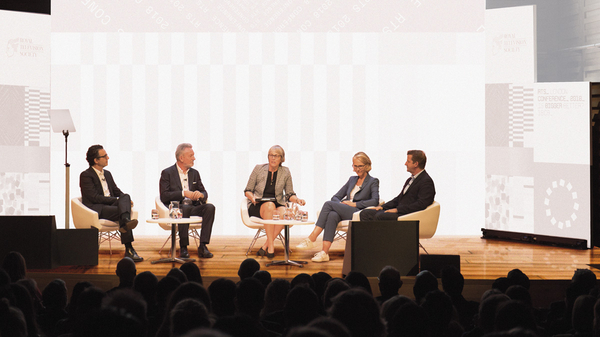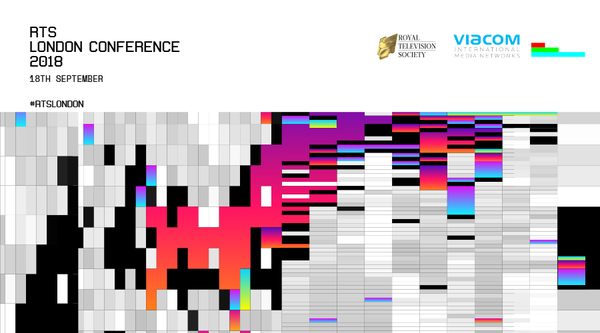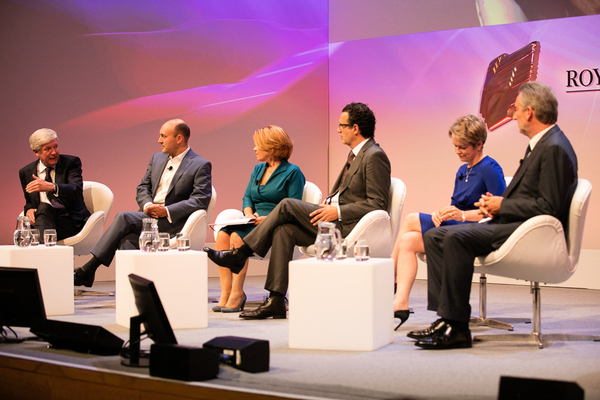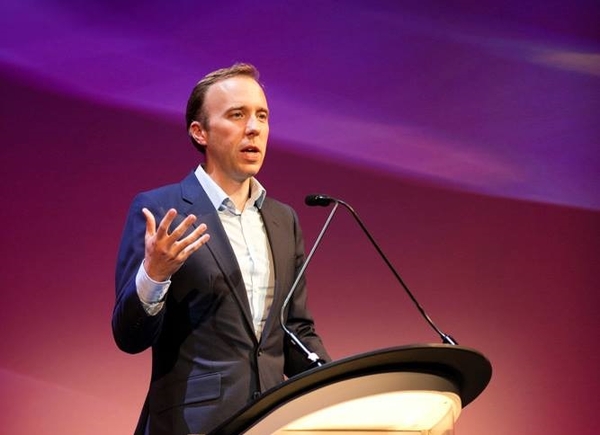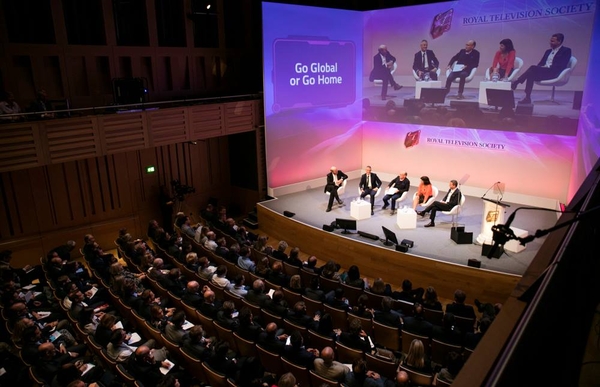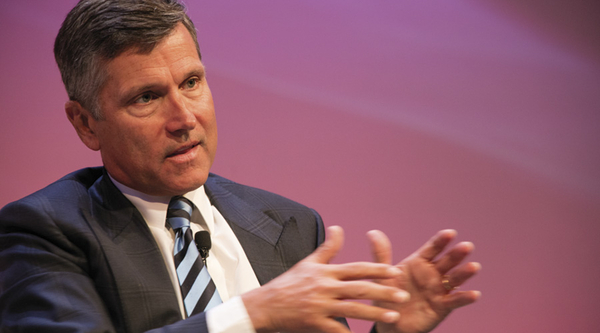Tony Hall calls for increased funding of the BBC
Tony Hall’s keynote speech centred on the BBC’s need for more money. Only then would it thrive and retain its role at the heart of Britain’s democracy, in a world of technological change and intense competition from global media giants.
He insisted that “cracks are starting to show” in BBC services following a decade of austerity, licence-fee freezes and top slicing, which were threatening its ability to innovate and meet the digital challenge.

